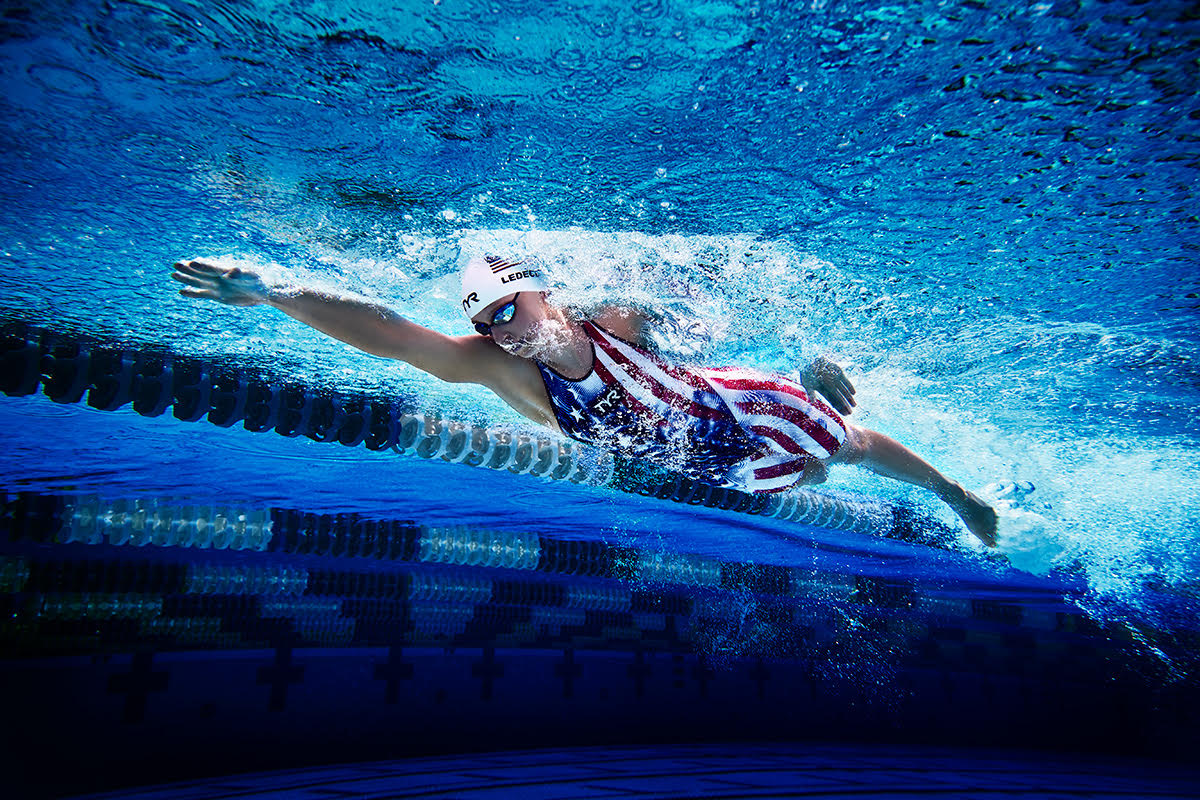Swimming is a demanding sport that requires competitors to be in top physical condition. Swimmers are always striving for faster times in their events to qualify for more advanced meets or just to beat their personal best.
Refuel After Workouts
During a swim workout, you burn a ridiculous amount of calories. You must replace those calories with appropriate snacks when you are done.
Having a snack that contains protein and carbohydrates sometime in the first half-hour after you finish swimming is the best way to refuel. Providing your muscles and body with enough calories and protein is extremely important to make gains while training.
Train Differently
Training for competition requires hours of work multiple times a week in a swimming pool. Having your own swimming pool would allow you to train in the convenience of your own home. You would also save time from traveling to and from a facility.
While owning a pool might seem out of reach, swimming pool financing options can make it affordable. In addition to having unlimited access to pool time, you will be able to save the travel expenses and drop the dues you are paying to swim at a facility.
Trainers advise swimmers to work on their underwater dolphin kick. An efficient dolphin kick on starts and turns can aid in dropping time.
Practicing the dolphin kick is the best way to make it work for you. You should make sure to do a complete pull-out with a dolphin kick for the first 15 yards or meters of every lap in practice.
Another training tip is to practice bilateral breathing. Breathing on both sides during your in-pool training will allow you to develop muscles evenly on both sides of your body.
You will be stronger if your muscle power is distributed evenly throughout your body. In addition, when you compete against someone on your traditional nonbreathing side, you will easily be able to take a breath to that side to see where they are.
Increase Flexibility
To allow yourself to become stronger, you need to increase your flexibility. The best way to accomplish an increase in flexibility is taking multiple shorter stretch breaks in the morning and evening, throughout the day, and in between workouts.
Foam rolling is an excellent technique to aid in lengthening muscles. Improving your mobility will allow you to push yourself further and aid in dropping time.
Get More Sleep
A common problem for athletes is not getting enough sleep. After a demanding day of practicing combined with other activities such as work or school, athletes need some downtime to relax. Activities you do to relax have been known to cut into sleep time.
You should make it a priority to be in bed at whatever time is required to get sufficient sleep while training for a competition. Required sleep time varies but a minimum of six to eight hours is necessary.
Sleeping allows your body to repair itself and releases a growth hormone that helps build muscle while you are in deep stages of sleep. Rest is a critical component of your training and sleep is no exception.
Set Goals
An athlete engaged in a repetitive sport needs to have goals to avoid reaching a plateau. A swimmer should have goals for training, performance, diet, and sleep. Keep a list of your goals and as you reach each milestone check them off.
Work with a coach or trainer to get ideas of what your goals should be in and out of the pool. Have a goal going into a competitive meet and visualize yourself meeting them. Goal setting is an effective motivator and can be the first step in achieving your desired results.
***
Competitive swimmers are on a continual quest to improve their race times. Following the advice in this article will help you work towards dropping time at swim meets.














